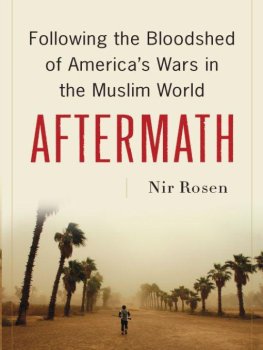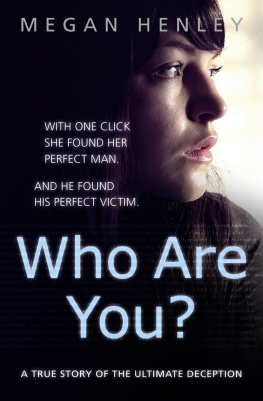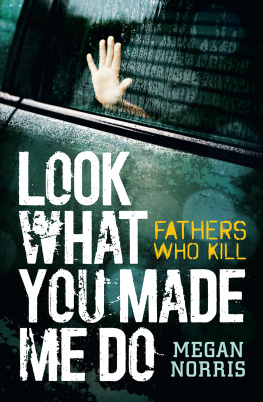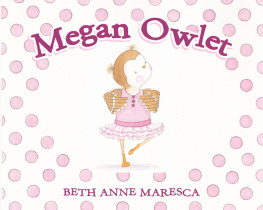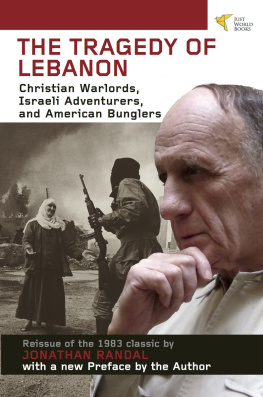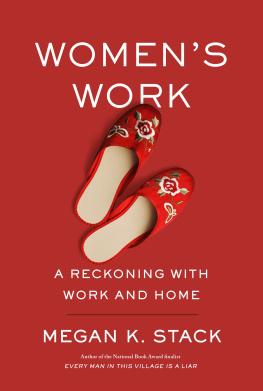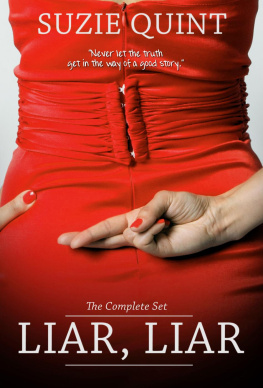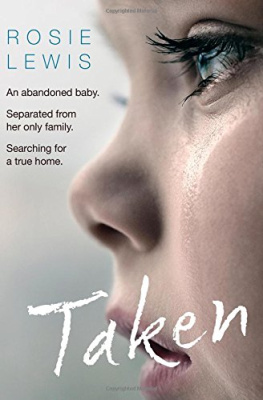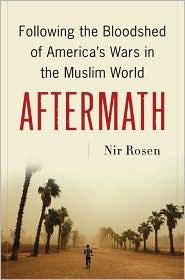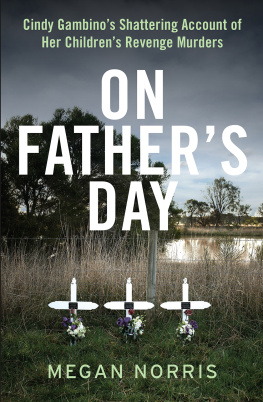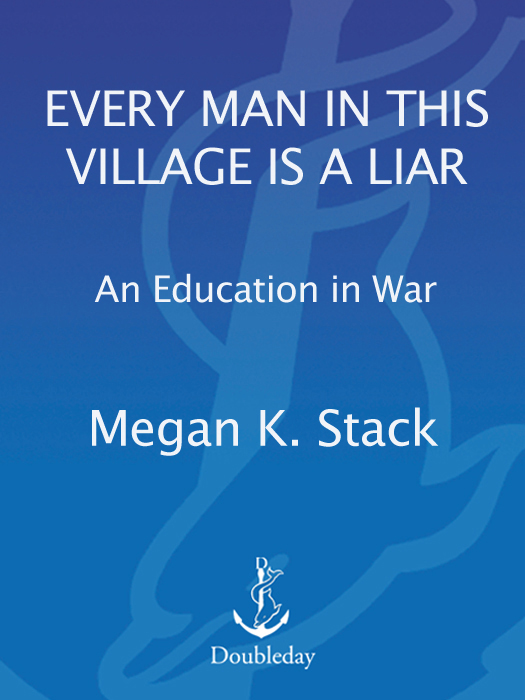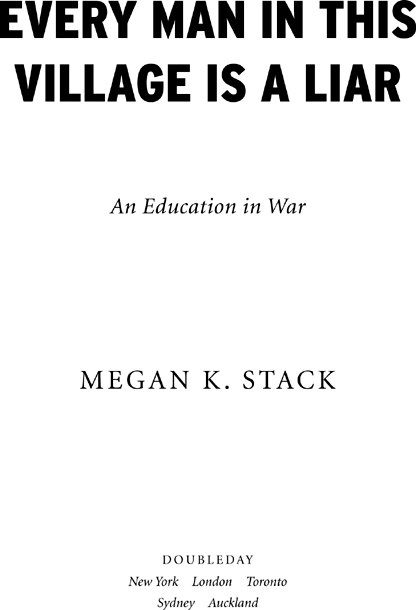To Tom
There is nothing farther away from Washington than the entire world.
Arthur Miller
CONTENTS
One
Two
Three
Four
Five
Six
Seven
Eight
Nine
Ten
Eleven
Twelve
Thirteen
Fourteen
Fifteen
Sixteen
Seventeen
PROLOGUE
T his memory from childhood is still there: the voices of the adults bounce fretfully, eternally, in rooms that have since been sold or abandoned. Beirut, they said, never Lebanon. John was in Beirut. All meaning fit into those words. His barracks had been blown up, but he had survived.
John the drinker, the smoker, apprentice in three-card monte and hanger-out with New York street cons; his face cut by light, arms angled in salt air, his imprint lingers still in corners and amber edges. John was my fathers cousin, my godfathers brother, our two Irish Catholic families braided together in city blocks, in the Bronx, by marriage and the crosshatches of godfathering. He was adrift between the generations of our family, too old to be a cousin and too young to be an uncle, but still unmistakably one of us, with us in churches and cramped living rooms and summers on the beach. In my earliest memories I waddle in his retreating shadow, arms in the air and begging, Johnny! Uppy! And then this skinny street hustler sweeps me into the air to swing on the rim of centrifugal force until the salty, sunny world swims.
Even then, John had endured the thing I feared most. His mother had died. He was feeling very badly, my mother said. You shouldnt ask him about it. John got into a little trouble, and then into some more trouble, so they sent him to live with my grandparents to get him out of New York. And when that didnt work, they signed the papers allowing him to enlist. He was only sixteen. The Marines sent him to Beirut. Hezbollah bombed the bunkers. Thank God hes all right, the adults said. Nobody talked about Hezbollah then, not in our house. Hezbollah didnt mean anything. It was a featureless enemy in a war that was real only insofar as it touched our household.
A bomb explodes and everything goes wrong. John lived, but he wasnt all right. Three hundred and five people died around him. A few years later, he shot himself in the head. It was just before Thanksgiving. He was a father. He was young. We drove to New York for the funeral. They printed prayer cards and sewed his head back together for the open coffin. People stood around and whispered. It didnt look as bad as you might think, but it didnt look good, either.
For a long time, that was everything I knewnot just about Beirut, but about war: that it was dark and dangerous, that you could survive and not survive, both at the same time. I was twenty-five when I covered the war in Afghanistan. I wound up there by accident, rushed into foreign reporting by coincidence, because I was vacationing in Paris on September 11. Before that, I was a national correspondent in Houston. So I was a reporter who didnt really know how to write about combat, covering America from outside its borders as it crashed zealously into war and occupation. This huge change came without warning, but it felt wholly natural. It would be my generations fate, it seemed, to be altered by September 11, so I would write about war, soldiers would fight, and Americans would rearrange the way they thought about things. Everything was negotiable; you couldnt imagine what would happen next. I got excited and felt that I was living through important times and went rushing in, and years later I came away older, different, with damage that couldnt be anticipated beforehand and cant be counted after. Thats the way it goes, the way people get older and empires begin to slip. And now the fear is that it didnt mean anything. Isnt that what we all suspect about the war on terror, the long war, the war that hasnt ended? The stories repeat themselves, the same headlines, the same geography, the same mortality. We are losing interest and we fear it means nothing.
September 11 stands out now like a depot, the last train station before a vast unknown prairie, where the engine of events groaned and roared and hauled America back into the wilderness. It was the beginning of lost days, of disastrous reaction, of fumbling around in the world. We had already tamed our own hostile landscapes, the enormous stretches of the West, stamped out what came before, emptied and erased a vast run of earth so that we, the Americans, could have a tabula rasa, could invent a new nation and grow strong. And then September 11 came and infected us with the idea that we could tame all the wilderness of the world, too, and make ourselves perfectly safe.
I wanted to see, and so I went along to watch. I was younger than I realized and extremely American; sentimental but not stupid. I didnt go to Afghanistan with any strong convictions; I was a reporter, and I wanted to see. Only after covering it for years did I understand that the war on terror never really existed. It was not a real thing. Not that the war on terror was flawed, not that it was cynical or self-defeating, or likely to breed more resentment and violence. But that it was hollow, it was essentially nothing but a unifying myth for a complicated scramble of mixed impulses and social theories and night terrors and cruelty and business interests, all overhung with the unassailable memory of falling skyscrapers. There were, of course, certain wars, certain campaigns, certain speeches, all netted together under a heading. But this war we all talked about wasnt a coherent system, or a philosophy, or a strategy. Maybe it was a way for Americans to convince ourselves that we were still strong and correct. Mostly, I think, it was fear. Fear made more dangerous by gaping American estrangement from the rest of the world. Fear at a loss for an object.
As Americans we have the gift of detaching ourselves and drifting on; it has saved us over and over again from getting mired in guilt or stuck in the past. Sometimes we are too good at it. Here in the same generation, the wars happening over there, elsewhere, already have the irreality of a dream. Its the effect of time, too, and years piling up. You cant remember it all and you cant explain why you did what you did. You have a few drinks and call an old friend and say, this happened, remember? This happened and we were there. But the wars are still happening, and they have been happening all along. People died. Promises were broken. Things were destroyed. And as Americans these actions belong to us. We should remember those days, or we should admit they meant nothing, and if they meant nothing then there is the question of how much we have lost, and why.
As it turned out, the first thing I knew about war was also the truest, and maybe its as true for nations as for individuals: You can survive and not survive, both at the same time.
ONE
EVERY MAN IN THIS VILLAGE IS A LIAR
C old dawn broke on the horizon outside. The bedroom door shushed open, bringing the morning air and a warlord on predators toes.
I lay in a nest of polyester blankets and listened to his footsteps cross the carpet. Every muscle pulled tight. You reveal yourself in breath, in the nerves of your face. Count the breaths, in and out. He sat on the edge of the bed. Smooth breath, relax your eyes, dont let the lids shake


